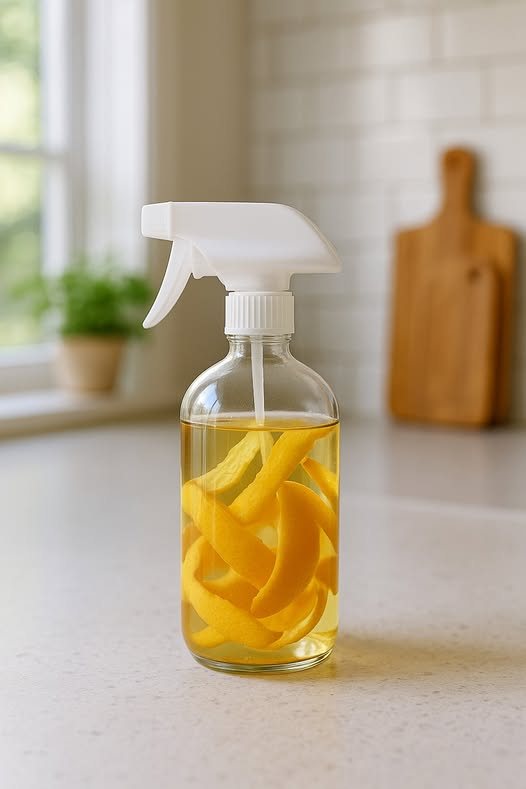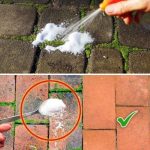ADVERTISEMENT
Main Body
Understanding Kitchen Grease
Before diving into cleaning methods, it’s essential to understand what kitchen grease is. Primarily, it is the result of cooking oils and fats that become airborne and settle on various surfaces, including countertops, stovetops, and cabinets. Over time, this grease hardens and attracts dust and grime, making it difficult to remove. Addressing this issue regularly can save you from the daunting task of tackling thick layers of residue.
Tools and Materials You’ll Need
To effectively combat kitchen grease naturally, gather the following items:
- Baking soda
- White vinegar
- Lemon juice
- Essential oils (optional)
- Warm water
- Microfiber cloths
- Spray bottle
- Scrub brush or sponge
Step-by-Step Cleaning Process
Step 1: Initial Surface Wipe
Begin by removing any loose debris from your kitchen surfaces. Use a dry microfiber cloth to wipe down countertops, stovetops, and cabinets. This step helps in clearing off any dust or crumbs that may interfere with the cleaning process.
Step 2: Prepare a Baking Soda Paste
Baking soda is a natural abrasive that can effectively break down grease. Mix three parts baking soda with one part water to create a paste. Apply this mixture directly onto the greasy areas, focusing on stubborn spots. Let it sit for about 15 minutes to work its magic.
Step 3: Vinegar Spray Application
While the baking soda paste is setting, prepare a vinegar solution by mixing equal parts white vinegar and warm water in a spray bottle. For added fragrance, consider adding a few drops of essential oils like lemon or lavender. After the baking soda paste has had time to set, spray the vinegar solution over the paste. The fizzing reaction will help lift the grease away.
Step 4: Scrub and Rinse
Using a scrub brush or sponge, gently scrub the surface to remove the loosened grease. The combination of baking soda and vinegar should make this task easier. Once satisfied with the cleanliness, rinse the area with warm water and wipe down with a clean microfiber cloth.
Step 5: Lemon Juice for Shine and Freshness
For a final touch, use lemon juice to add shine and a fresh scent to your kitchen surfaces. Lemon juice not only cuts through grease but also acts as a natural disinfectant. Wipe down the surfaces with a cloth dampened with lemon juice, ensuring a clean and pleasant-smelling kitchen.
Preventive Measures
To minimize future grease buildup, consider implementing the following tips:
- Wipe down surfaces daily to prevent grease from accumulating.
- Use a splatter guard when frying foods to reduce airborne grease.
- Ensure proper ventilation by using a kitchen exhaust fan or opening windows while cooking.
Conclusion
Cleaning kitchen grease doesn’t have to be a daunting task filled with harsh chemicals. By using natural ingredients like baking soda, vinegar, and lemon juice, you can maintain a clean and healthy kitchen environment. Regular maintenance and preventive measures will keep grease buildup at bay, ensuring your kitchen remains a welcoming space for cooking and family gatherings. Embrace these eco-friendly techniques to enjoy a spotless kitchen without compromising your health or the environment.
ADVERTISEMENT


